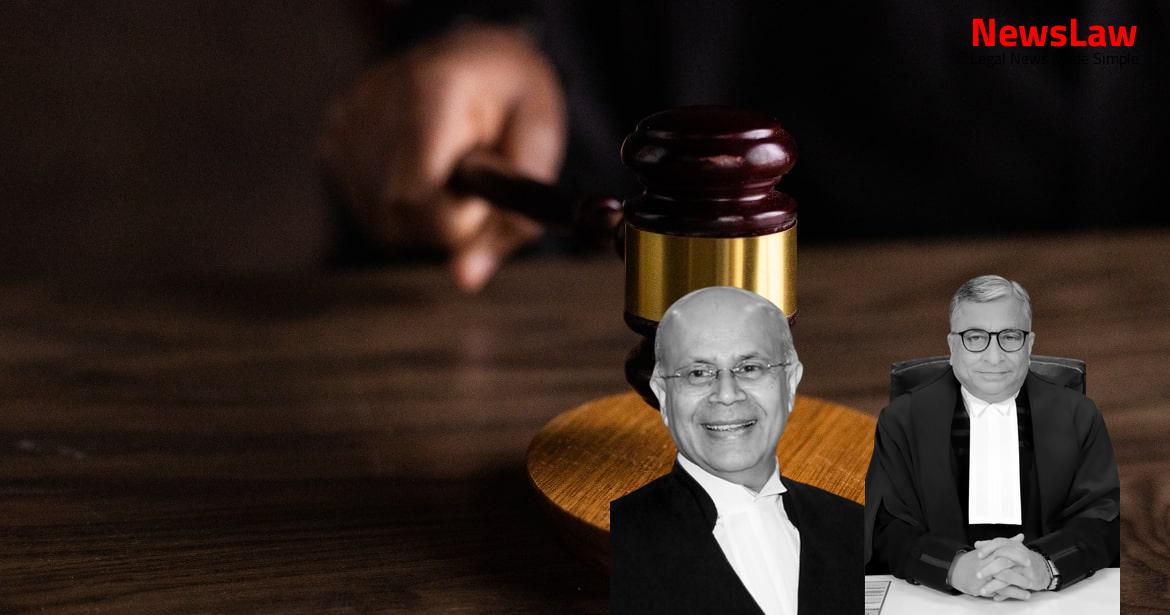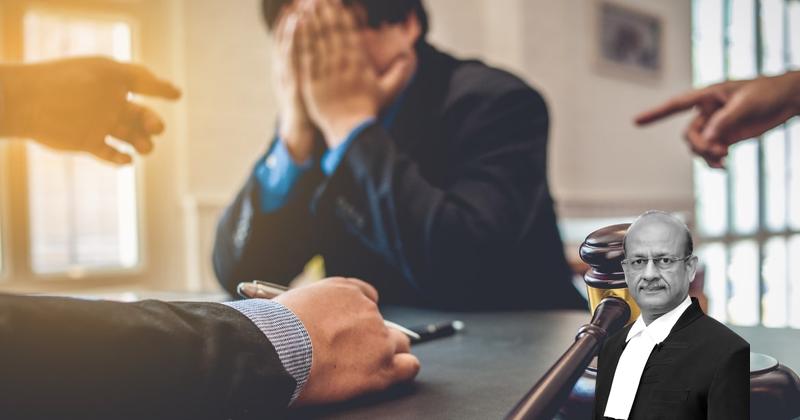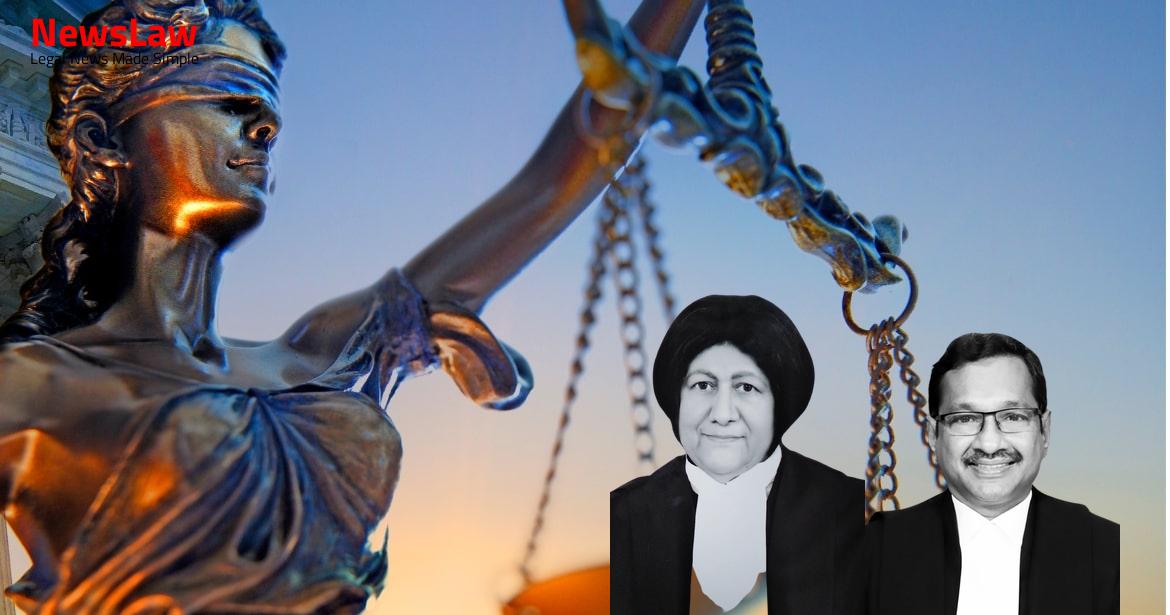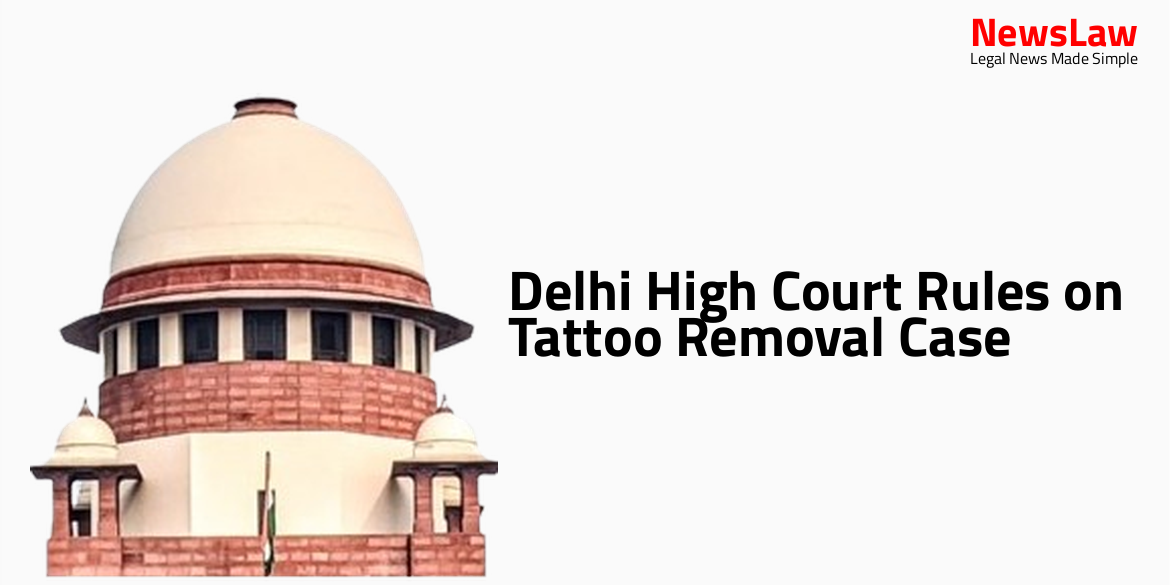Explore a detailed legal analysis of a case involving the invalidity of an auction sale and its significance on property rights. The court’s precise examination of evidence and application of legal principles shed light on crucial aspects of property law. Dive into the intricacies of the case to understand the implications for similar situations and the broader legal landscape.
Facts
- Govindasamy issued notice to the defendants on 05.11.1977 not to collect rent from defendant no.3 and not to meddle in the suit property.
- Defendants relied on the court auction judgment dated 26.09.1955, claiming Govindan as the rightful owner of the suit property.
- Govindasamy filed HRCOP no.31 of 1987 against defendant no.3.
- Schedule ‘B’ of the suit property was leased out to defendant no.3 during Govindan’s lifetime, who was authorized to collect rent as the parties were living together.
- The plaintiffs are the wife and legal heirs of Govindasamy, who was the first cousin of Ramasamy Naicker.
- The High Court in a First Appeal found an erroneous appreciation of evidence by the trial court.
- Govindan was deemed the real purchaser at the auction sale and lawful owner of the property.
- Govindan paid the necessary purchase price to the mortgagee with stipulated interest, resulting in the issuance of a sale certificate.
- The auction judgment in favor of Govindan was determined to have been made in trust for the benefit of Govindasamy.
- Govindan was considered only an ostensible owner of the property, purchased at auction on behalf of Govindasamy.
- The plaintiffs were entitled to mesne profits from the date of the complaint until delivery of possession.
Also Read: Analysis of Intent in Fatal Assault Case
Arguments
- The auction sale was invalid and void as the defendant failed to pay the auction price with 7% interest within six months.
- After six months, the auction sale had become invalid, and no title could pass to the defendants.
- The auction sale was knocked down in favor of Joseph Antoine on 26.09.1955.
- Govindan was the actual purchaser in the auction sale, evidenced by various documents including the sale certificate, patta, encumbrance certificate, application for electricity connection, and electricity bill.
- Govindasamy was financially incapable of funding the auction purchase due to being indebted to several persons.
- There was a fiduciary relationship between Govindasamy and Govindan, with Govindan purchasing the property in the auction sale to prevent accrual of third party rights.
- The suit property was put to auction by Noel Fanovard due to Govindasamy’s failure to repay the decree-holder.
- The defendants failed to prove adverse possession as it was not hostile to the appellants and was interrupted by legal notices to handover the property.
Also Read: Assessment of Compensation in Disability Case
Analysis
- Govindasamy did not question the auction sale during his lifetime after the sale in 1955.
- No infirmity in Govindan’s title post the auction sale was raised by Govindasamy during his lifetime.
- No explanation provided by the plaintiff regarding why Govindasamy did not raise any issues during his lifetime.
- The suit was filed by Govindasamy’s wife and legal heirs after his death in 1987.
- The claim that Govindan purchased the property on behalf of Govindasamy was deemed false by the court.
- The suit was filed over 30 years after Govindasamy’s death.
- Evidence showed that it was Govindan who purchased the property in 1955 and not Govindasamy.
- Gross error in evidence appreciation by the Trial Court was noted by the First Appellate Court.
- Lack of evidence regarding Govindasamy’s availability of funds to purchase his own property through Govindan was highlighted.
- The plaintiffs failed to discharge the onus of proving that Govindasamy was the real owner who funded the auction purchase.
- Deposit of funds by Govindan post-auction was demonstrated in the triplicate copy of the challan.
- Defendants 1 and 2 were Govindan’s children, who did not file any appeal against the court decision.
- Recapitulation of facts was deemed necessary for better understanding of the case.
- The Trial Court upheld the validity of the auction sale.
- No challenge was made by Govindasamy to the court auction sale during his lifetime.
- The High Court correctly held that the suit was not maintainable under Section 66(1) of the Code of Civil Procedure before its deletion on 19.05.1988.
- The First Appellate Court is the final court for findings of facts, and there is no need to reassess the evidence.
- Plaintiffs failed to prove their case completely, leading to no reason for interference with the order of the First Appellate Court.
Also Read: Ensuring Fair and Thorough Police Investigations: A Legal Perspective
Decision
- The appeal under the RPC (Rules of Professional Conduct) is considered
- The arguments presented by both parties are evaluated
- The decision to dismiss the appeal is based on the findings and considerations related to the RPC
Case Title: PALANIAMMAL Vs. KAMALAKANNAN (2020 INSC 296)
Case Number: C.A. No.-017355-017355 / 2017



